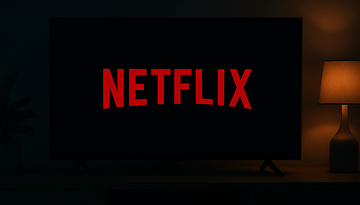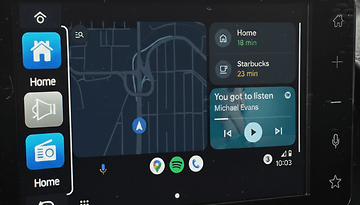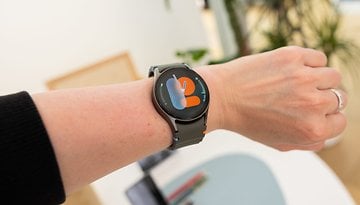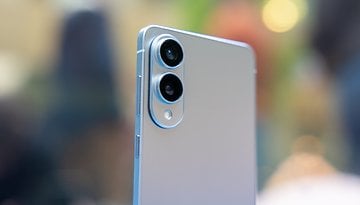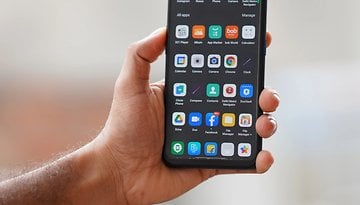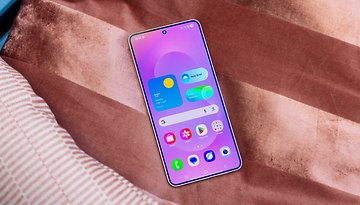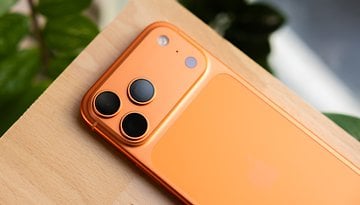Wow! Google's Image AI is Here - and it's a Revolution
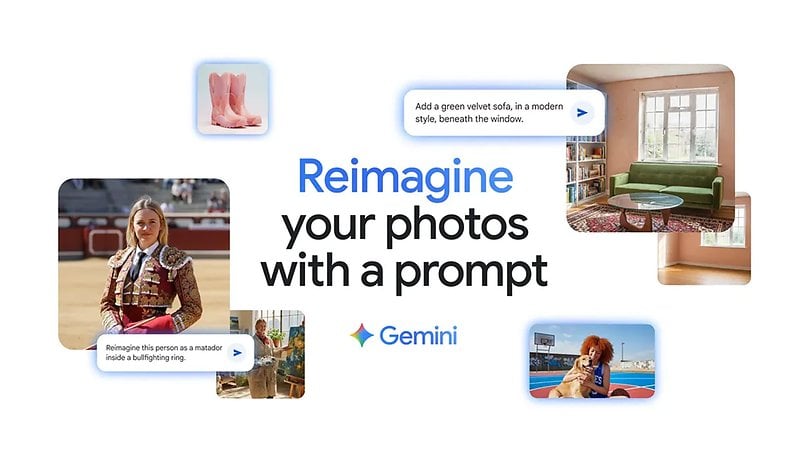

We thought so: Yes, Google is responsible for "Nano Banana". Google DeepMind has officially unveiled the tool, and it is now clear that the world's best AI image processing tool is being distributed to all Google Gemini users!
Okay, this hit like a thunderbolt: Google's AI forge DeepMind just officially unveiled its new AI image processing tool, which we recently reported on. Based on the indications over the last few days, it was most likely that Google was behind it, which we couldn't have guessed: that Google would make the tool official so quickly, and announce it for all Gemini users.
Why "Nano Banana" is So Good
We previously knew the image software that went by the moniker "Nano Banana". It is now listed as "gemini-2.5-flash-image-preview" on LMArena (the platform where AI models compete against each other and are rated). There, you can also see the top ten, which shows Google is clearly in first place — ahead of the Flux models (which hail from Germany, by the way) and GPT-Image-1 from OpenAI.
We already discussed why this tool is so good recently, but Google explained it even more clearly:
We know that when editing pictures of yourself or people you know well, subtle flaws matter — a depiction that’s "close but not quite the same" doesn’t feel right. That's why our latest update is designed to make photos of your friends, family and even your pets look consistently like themselves, whether you're trying out a 60’s beehive haircut or putting a tutu on your chihuahua.
So yes, the new model can really show you as you are, but it can do even more. Google has a few examples that you can try out:
Change a costume or location? Simply upload a picture, whether it's of you, family members, or even your pet. This is followed by writing in the prompt how you want to change your clothes, for instance, or the place where you are. The AI obeys your every word and creates a version that completely matches the image template.
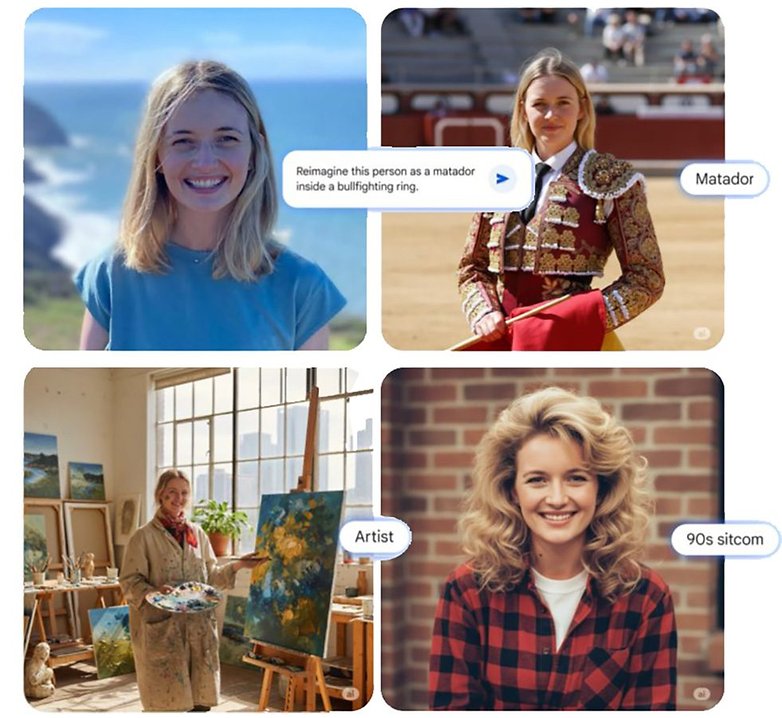
Want to merge photos together? Simply upload several photos. It can be two photos of people that you would like to have together in one picture. Upload a third photo showing a deserted beach, and in no time at all, both people are standing on the same beach. In its article, Google chose the example of a woman and her dog. Both were uploaded as a photo, and she wrote in the prompt that in the picture, she is hanging out with her dog in front of a basketball court. This is what it looked like:
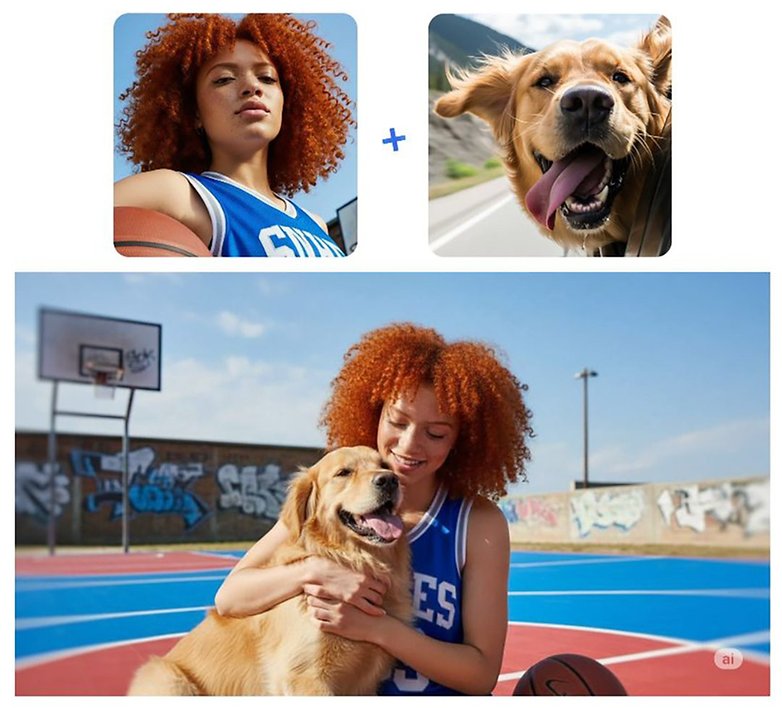
Google apparently solved the biggest problem of all other image AIs: images remain consistent. Regardless of whether you change the background, composition, the look, or the pose of people, the original look remains. This could now lead to a huge run on Google Gemini, because let's tell it like it is: many of the average ChatGPT users do almost nothing with the AI platform except generate images. This could make "Nano Banana" a real game-changer.
Multiple editing steps can also be done: You can now break down the changes you want to make into individual steps. For example, you can use a photo of an empty room in the first step to have the wall painted a certain color. Then, in the next step, you can have furniture placed inside. Finally, you add decorative objects to the picture. In each of these steps, the rest of the picture remains unchanged, so that, in the end, you have created a work in which the wallpaper and furniture selection still look exactly the same as before.
Who can Use this Image AI?
If you do experiment with the tool, you're sure to come up with endless ideas of what you can do with it. You can alter the design of your home and your clothes, change the living room furnishings with a prompt, or have a person carry a certain handbag brand. Want the woman to wear a dress with a pattern like the butterfly in the other photo? Not a problem at all!
The only question now is, when will this be available to us and to whom? Google wrote: "The updated image editing function is available in Gemini from today." We have not yet seen it in the Gemini apps or in the web version. It is displayed in Google AI Studio, but currently only churns out errors.
So, we'll probably have to be patient with Google for a while. In the meantime, you can think about which photo experiments you want to work with. In the meantime, Adobe can consider its future plans when fewer people require professional photo software.
Oh, by the way: Google also explained that all images created or edited in Gemini contain a visible watermark. There is also an invisible digital SynthID watermark to make it clear that the works are AI-generated. Keep this in mind when generating images! Let us know in the comments if you've already used the function — and what you think of it.





